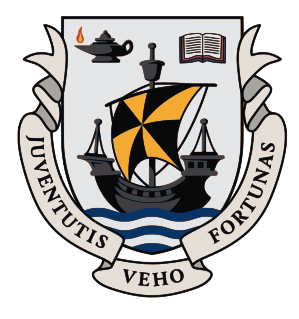The Cambridge Apostles is an intellectual society at the University of Cambridge founded in 1820 by George Tomlinson, a Cambridge student who went on to become the first Bishop of Gibraltar.

The Royal Society of Edinburgh is Scotland's national academy of science and letters. It is a registered charity, operating on a wholly independent and non-party-political basis and providing public benefit throughout Scotland. It was established in 1783. As of 2017, it has more than 1,660 Fellows.

Dollar Academy, founded in 1818 by benefaction of trader John McNabb, is an independent co-educational day and boarding school in Scotland. The open campus occupies a 70-acre (280,000 m2) site in the centre of the town of Dollar in Central Scotland. The school is at the foot of the Ochil Hills and is surrounded by Clackmannanshire countryside.
Rhind Lectures are a series of lectures on archaeological topics. They have been hosted by the Society of Antiquaries of Scotland since 1874. The content of the lectures is usually published in journals or expanded into new works by their authors.

Daniel John Cunningham M.D., D.C.L., LL. D. F.R.S., F.R.S.E. was a Scottish physician, zoologist, and anatomist, famous for Cunningham's Text-book of Anatomy and Cunningham's Manual of Practical Anatomy.
The Burkitt Medal is awarded annually by the British Academy "in recognition of special service to Biblical Studies". Awards alternate between Hebrew Bible studies and New Testament studies. It was established in 1923 and has been awarded to many notable theologians. It is named in honour of Francis Crawford Burkitt.














